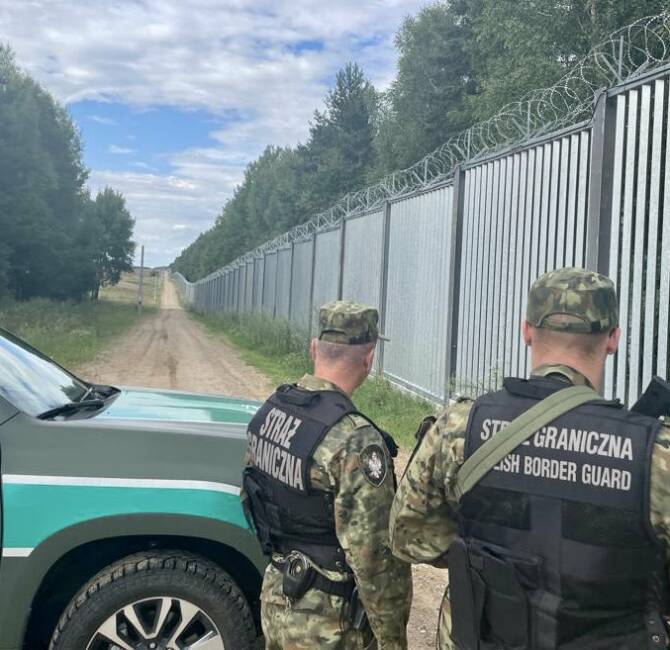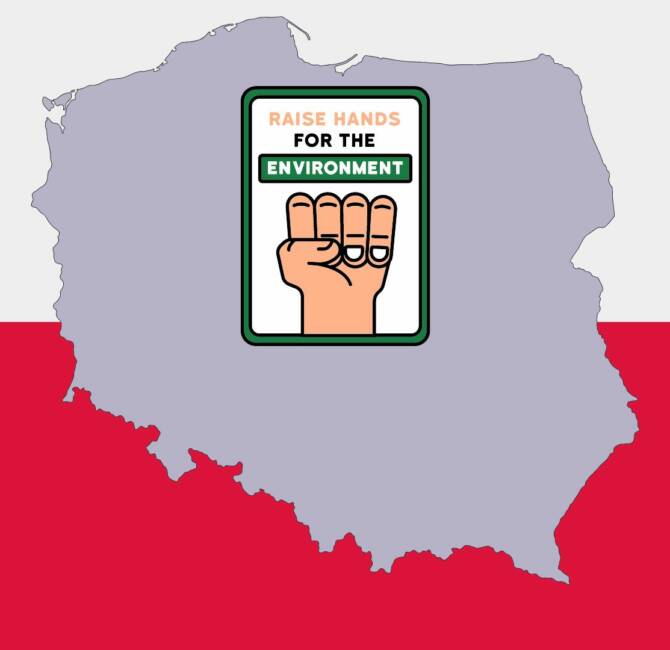“The heart of Europe is now beating in Central Europe, this is a great opportunity and a historic – European – responsibility” – says Mihály Rosonczy-Kovács, a foreign affairs director at the Hungarian think tank Nézőpont Intézet.
An interview conducted by Piotr Włoczyk, published originally on Sovereignty.pl. To read the full version on Sovereignty.pl, please click here.
Piotr Włoczyk: Is it possible to stop further federalization of the EU – turning the union into a superstate?
Mihály Rosonczy-Kovács: The Treaties, which the member states have signed and ratified, clearly define the powers of the member states and the exclusive powers of the EU. This would close the matter: pactas sunt servanda, that is, the Treaties must be respected. They can only be changed unanimously. Hungary, by the way, is open to negotiation, that is, to EU reform that confirms the original intent of the founders, whereas the European left instead of open democratic debates between elected, legitimate bodies, tries to hack the legal system of the EU by trying to make slip national competences to Brussels unnoticed. Moreover, they are trying to make the interpretation of the Treaties and the Charter of Fundamental Rights not only legal, but also political. For this reason, it is no longer enough to fight these tendencies at the legal level, because the vassals of the globalist forces that are destroying European cooperation are taking the legal debates to the political level. They are also using their media advantage to present the views of the European left as the only European opinion. They can be countered first and foremost by creating a strong media base that ensures freedom of speech and on which political debates can be based. Hungary, for example, has succeeded in creating a situation in which the voices of sovereigntists and globalists are heard to a similar degree in public discourse. This should also be the task in Western Europe.
Piotr Włoczyk:What can the V4 countries do about this?
Mihály Rosonczy-Kovács: Sometimes Western Europe seems to be in a state of fatigue. They seem to have lost motivation and faith that it is worth fighting for European dreams. That it’s worth living out its national identities and cultures with pride, that it’s worth working to ensure that the European economy doesn’t lose further ground, and that in cooperation with other civilizations it can even gain a better place for itself again globally than it does now. Motivation, freshness and European pride can now be found in Central Europe, of which V4 is the most important pillar. This is a region where governments are not content to respond to the challenges of recent years with imported solutions imposed from outside. The successes of Poland and Hungary show that this approach is good not only for preserving our identity, but also for maintaining strong economies.

The Western European right must fight and win their political battles on their own, but we in Central Europe can provide inspiration and a set of best-practices for them. It is from us that they can draw the conviction that it is possible to defend families, the European way of life, Christianity, freedom of speech and democracy. The heart of Europe is now beating in Central Europe, a great opportunity and a historic – European – responsibility.




